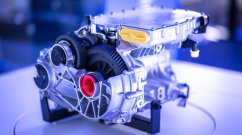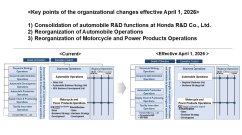This review focuses on the Tata Zest Revotron Petrol 1.2T. Detailed information about the car's exteriors, interiors, can be found in our review of the Zest Diesel AMT.
Exteriors:
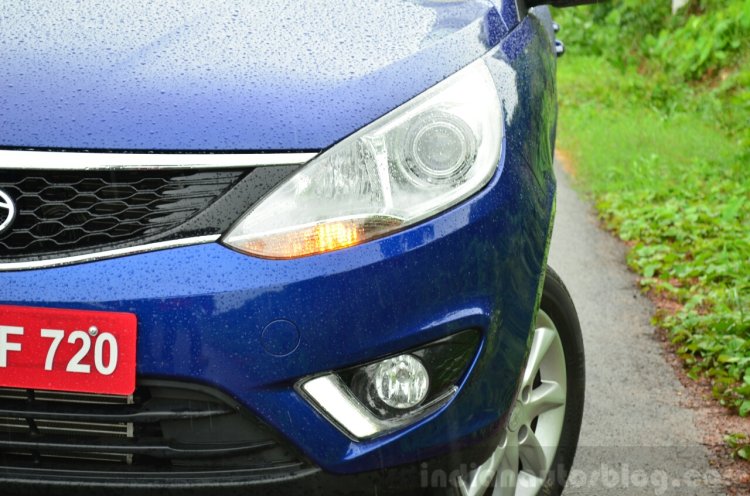
The Zest petrol we drove is the top-end XT trim. It is differentiated from the Zest diesel AMT XMA variant by LED daytime running lights and 8-spoke alloy wheels. The bootlid carries the 'Revotron' badge and visual differences go only this far.
Speaking numbers, the Zest petrol gets a ground clearance of 175 mm (165 mm for the diesel AMT) and the car will weigh between 1,115-1,135 kg.
Interiors:
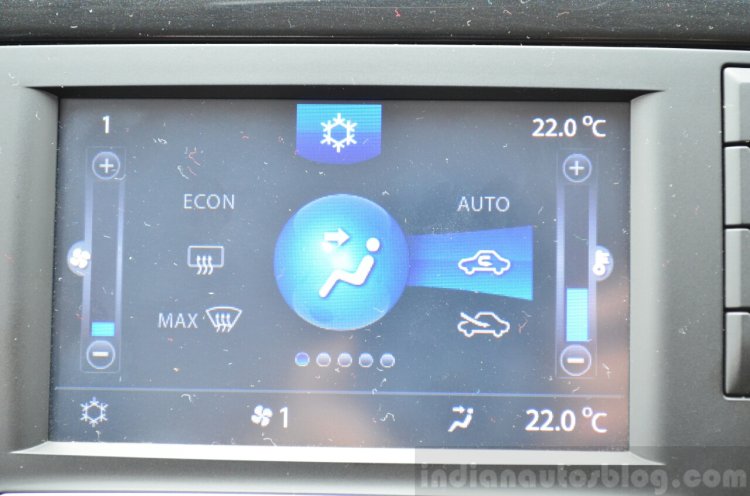
Inside, the XT trim adds driver-seat height adjustment, auto down driver side window, a touchscreen infotainment system with voice recognition and automatic climate control. The display of the AC system appears on the touchscreen unit and can also be controlled via the rotary knobs. Additionally, the AC and several other features for music and communication, can be controlled via voice commands. The voice recognition system had no problems recognizing the Indian accent and acted quickly.
Features:
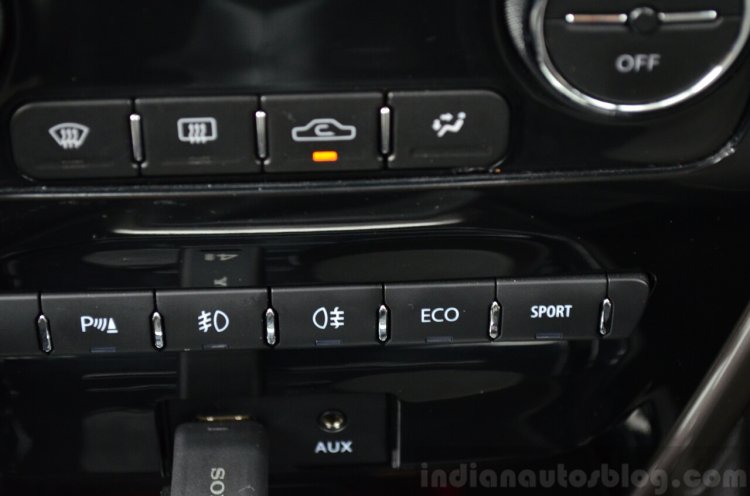
As mentioned earlier, variants and features will be revealed at the launch, however, the Zest petrol we drove is the range-topping XT variant. It gets daytime running lights, projector lights, foglights, alloy wheels, steering integrated controls, keyless entry, Bluetooth-enabled music system, voice recognition, touchscreen audio, climate control, reverse parking sensors, driver seat height adjustment and three driving modes.
Safety features include ABS, EBD and dual front airbags.
Engine and Gearbox:
The Zest petrol is powered by Tata’s all-new petrol engine. The 1.2-liter turbocharged four-cylinder motor called Revotron makes 90 PS (88.7 bhp) and 140 Nm of torque and uses a 5-speed manual gearbox.
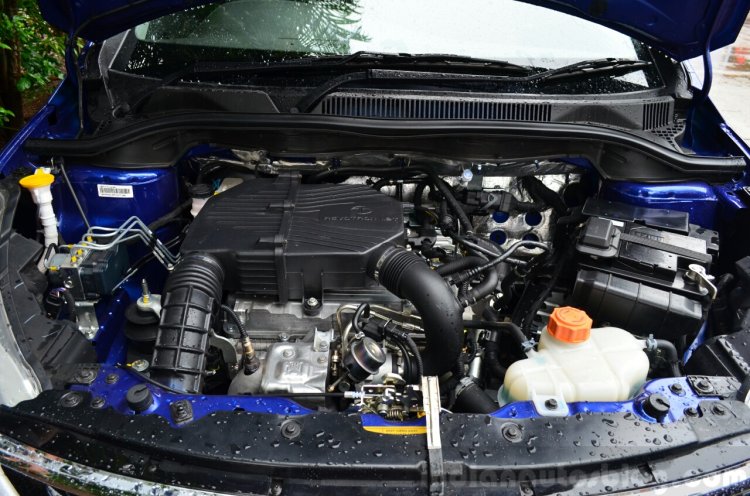
The Revotron motor scores highly on NVH: It’s near silent at idle - outside and inside - and while driving, the motor revs until 5,000 rpm and the engine feels extremely smooth even at the lower regions. Low-speed performance of the engine is pretty good as well, as there is no turbolag or turboboost to be felt. Sadly, this is where the good bits end.
In terms of outright power, or performance, the Revotron doesn’t have much to talk about. It takes its own sweet time to rev from 1,000 to 5,000 rpm, and you’re left wanting for more performance. The 140 Nm of torque is claimed to arrive between 1,750-3,000 rpm, but the mid-range performance of the car doesn't suggest so. Instead, the Revotron engine builds up its outputs gradually.
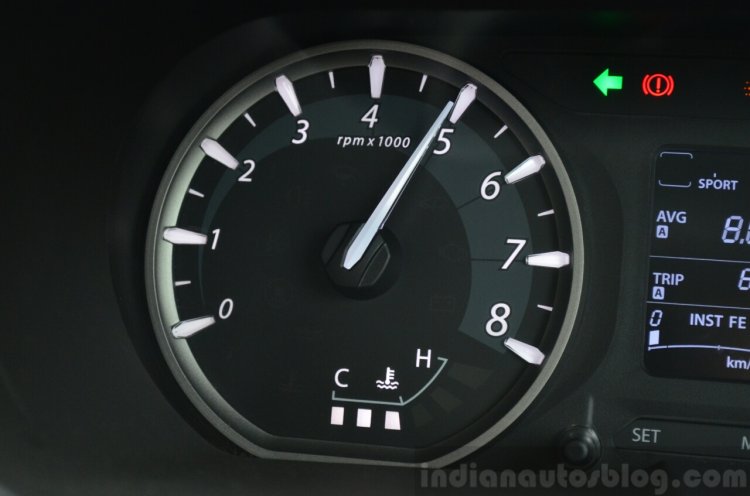
This is however, without a question of doubt, Tata’s best petrol engine ever made, but it falls short of the competition. You’re left thinking as to why Tata chose turbocharging, as rival products feel better to drive despite being naturally aspirated. If the turbo’s aim was improving fuel economy, the news isn’t all that great as the on-board computer didn’t show a number higher than 9 km/l.
Coming to the three driving modes, this feels like a gimmick. Each of the three driving modes have separate engine and throttle maps according to Tata engineers. Switching from City mode (default) to Sports mode gets slightly better results, however, the car gets a bit jerky from the throttle response. In the Eco mode, the engine takes even longer to rev up, the idea being the driver will shift early to a higher gear thereby reducing fuel consumption. We don't imagine that prospective customers are going to be amused by this feature at the end of the day.
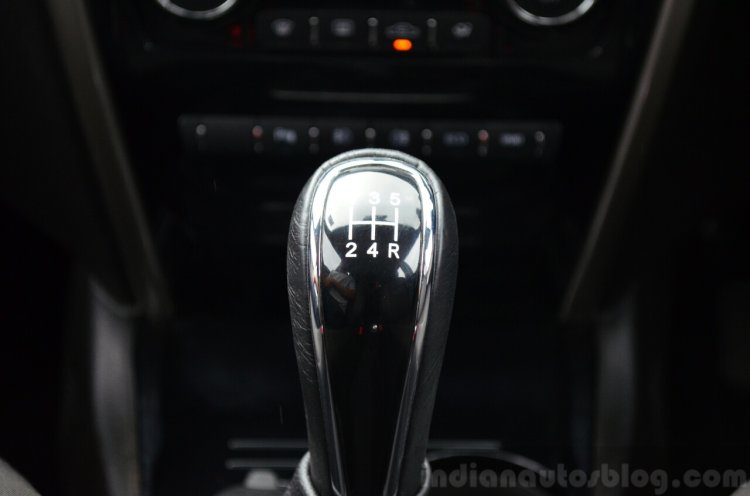
The gearbox, for most of the time, feels precise (it is not as slick as the Maruti Dzire though) and the clutch has very little travel and is light to operate.
Ride and Handling:
This department is similar to the Zest diesel. Thanks to the lighter weight, the Zest petrol feels more nimble to turn.
Brakes and Safety:
The braking feel and power of the Zest petrol is similar to the diesel. However, the top-end XT trim adds driver and passenger airbags in addition to ABS and EBD.
Fuel Efficiency:
The Zest’s Revotron unit, when driven with a light foot, can return about 11 km/l in city driving conditions. However, the number dropped to 8 km/l when driven a bit hard. Rival products would seem more efficient compared to the Zest Revotron, though the ARAI figure is awaited for a fair comparison.
Prices:
The Zest petrol should be priced in the region of INR 5.0 lakhs to INR 6.5 lakhs, ex-Showroom, New Delhi.
Verdict:
It may seem like choosing between apples and oranges, but its the diesel variant of the Zest which has better finesse and better performance at the end of the day.
The petrol motor, as mentioned earlier, maybe Tata’s best attempt till date, but it needs more work to even rival naturally-aspirated engines from Honda and Maruti. Tata has got three things right with this engine: noise, vibrations and low-speed performance. However, an enthusiastic driving performance, that's a given in a turbocharged engine, isn't there.
As a complete product, it is the Zest diesel (specifically diesel AMT) which gets our vote as Tata's 'comeback car'.





















































